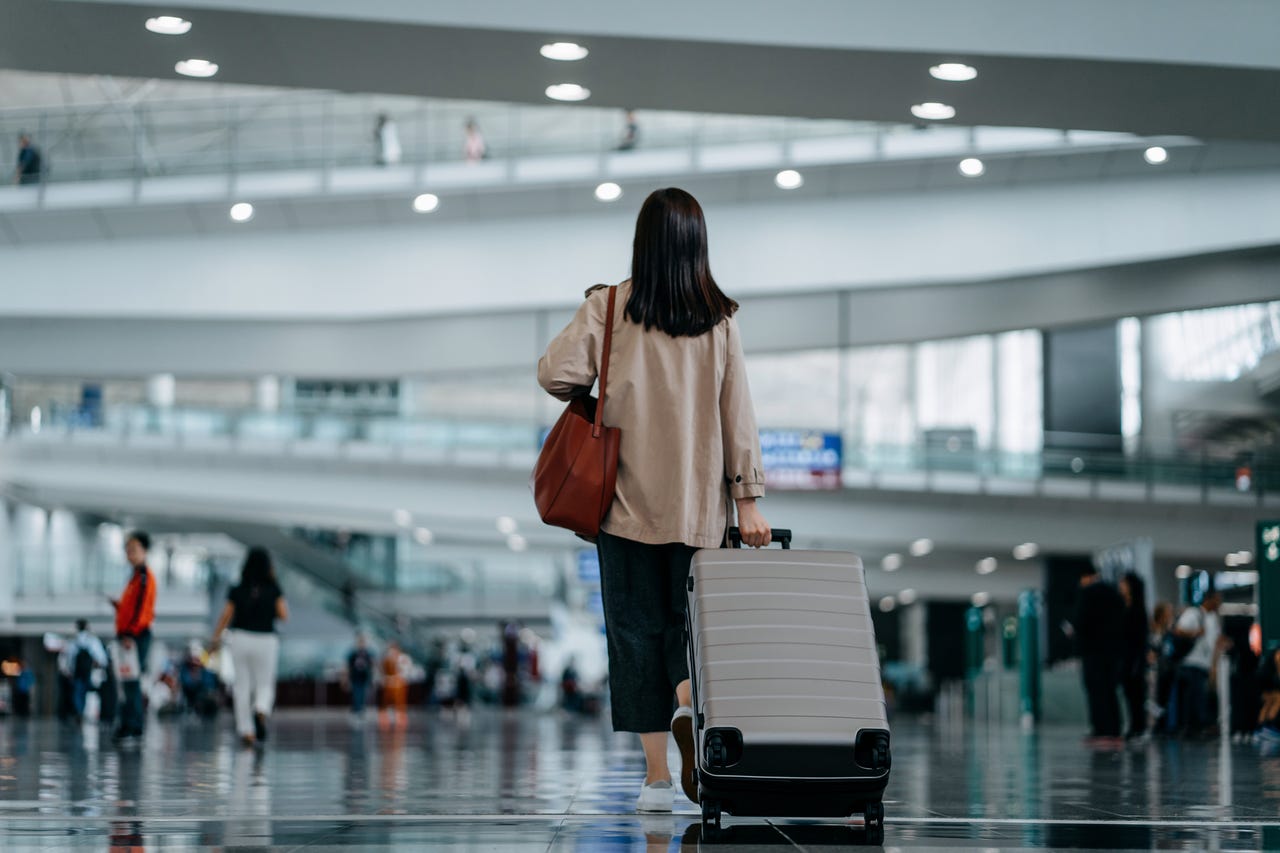
Singapore’s Changi Airport has created a digital area wherein customers can expertise its well-liked options, together with an indoor waterfall.
Referred to as ChangiVerse, the “digital actuality airport” is accessible on the video games platform Roblox, the place customers will be capable of discover acquainted sights such because the management tower, mentioned Changi Airport Group (CAG). It touted its debut within the metaverse as the primary time an airport had created a digital world on Roblox, which has a worldwide base of 59.5 million every day energetic customers.
Additionally: Hacking the metaverse: Why Meta wants you to find flaws in its newest headsets
Roblox has created greater than 30 million immersive experiences, spanning concert events, sports activities, and vogue exhibits.
ChangiVerse options three key areas — Jewel, Terminal 3, and Airport Boulevard — every comprising digital replicas of the airport’s acquainted landmarks, together with the indoor waterfall at Jewel. The signature flooring tile design and ceiling panels at Terminal 3’s departure corridor additionally might be noticed in its digital copy.
Customers can be ready take part in mini video games as they discover the digital area and acquire expertise factors to unlock entry to particular gadgets or areas, mentioned CAG.
Changi this 12 months was voted the very best airport by vacationers in Skytrax’s annual World Airport Awards.
Additionally: Flying soon? Flighty is a must-have iOS app for air travel
“With our clients turning into extra digitally savvy and interacting within the digital area, ChangiVerse is about participating our clients and serving them higher via innovation and experimentation,” mentioned Hung Jean, CAG’s group senior vice chairman of enterprise digital ecosystem & enterprise.
ChangiVerse was developed with Accenture’s metaverse continuum enterprise group.
Additionally: Meetings in the metaverse: Our experience with HTC Vive Sync
A latest research FIS revealed 82% of Singapore organizations believed the metaverse would have main or reasonable affect on their enterprise over the following 12 months. One other 84% anticipated this affect to be felt in three years.













